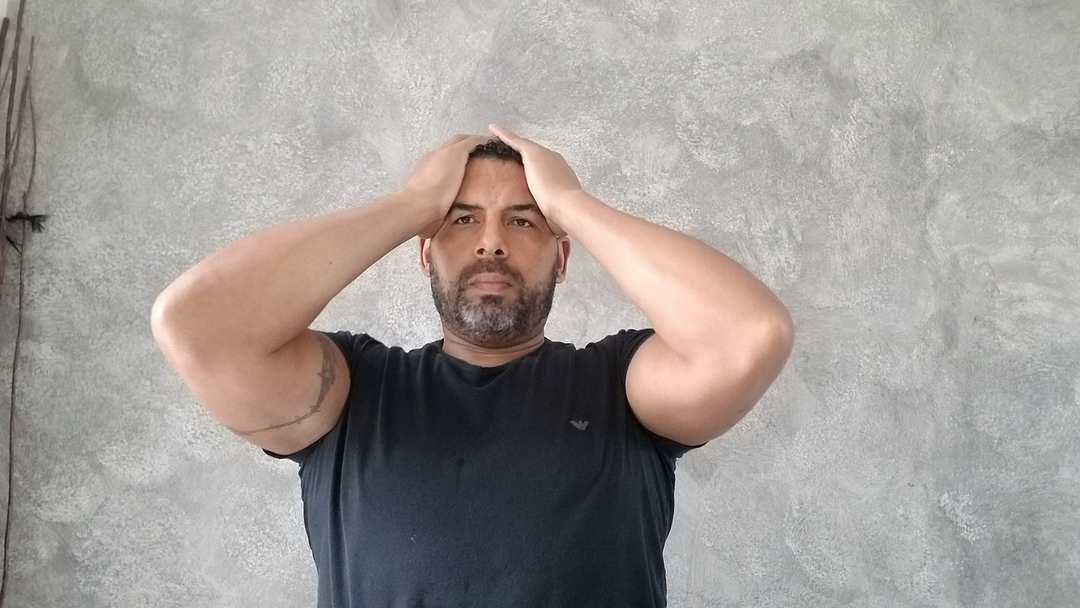Defending against false accusations of Criminal Sexual Conduct (CSC) in Michigan
Defending against a false accusation of Criminal Sexual Conduct (CSC) in Michigan is a serious matter and requires a well-prepared legal strategy.
Here are several steps you should take to protect yourself:
Hire an Experienced Criminal Defense Attorney
The first and most important step is to immediately seek the help of an experienced criminal defense attorney.
A lawyer who specializes in CSC cases will know how to navigate the complexities of the legal system, protect your rights, and build a strong defense.
They will also help you avoid making mistakes that could hurt your case.
Use You Right To Remain Silent
If you have been accused or charged with a crime.
Say nothing to anyone. Talk to us first.
Our firm is experienced in both State and Federal courts defending clients.
CALL NOW
Do Not Contact the Accuser
It’s crucial to avoid contacting the person who accused you. Reaching out to the accuser could be interpreted as intimidation or harassment, and anything you say can be used against you. Communication should be handled exclusively through your attorney.
Gather Evidence and Witnesses
To defend yourself, you need to gather any evidence that supports your version of events. This can include:
- Alibi Evidence: If you were not at the location where the alleged incident took place, collect evidence such as witness statements, surveillance footage, or phone records that show your location.
- Electronic Communications: Text messages, emails, social media posts, or any other communication that proves the relationship between you and the accuser or contradicts the claims made.
- Witness Testimonies: If anyone was with you or near the alleged incident, their testimony could help establish your innocence or prove the accusation is false.
Your attorney will help you collect and organize this evidence in a way that strengthens your defense.
Challenge the Accuser’s Credibility
One of the most common strategies in defending against false accusations is to challenge the credibility of the accuser. Your attorney may:- Identify Motive: Investigate whether the accuser has a reason to lie, such as revenge, jealousy, or a personal vendetta.
- Highlight Inconsistencies: Look for inconsistencies in the accuser’s statements or changes in their story over time.
- Examine Mental Health History: If relevant, an attorney might explore whether the accuser has a history of mental health issues or false claims that could affect their reliability.
Use Forensic and Physical Evidence
Forensic evidence can be vital in proving your innocence. This can include:- DNA Evidence: DNA analysis can show that no physical contact occurred between you and the accuser.
- Phone and GPS Records: Records from your phone or other devices can help prove your whereabouts at the time of the alleged incident.
- Security Footage: If there is surveillance footage from nearby locations, it can serve as proof that the alleged crime didn’t take place as described.
Present Character Evidence
In some cases, presenting evidence of your good character and reputation can be useful. Character witnesses—people who can testify about your integrity and behavior—might help show that it is unlikely you committed the crime. However, this is more supplementary and may not be the primary defense.
Expert Witnesses
Your attorney may call in expert witnesses to challenge the prosecution’s evidence. For example:- Psychological Experts: To explain why a false accusation may have been made or to challenge the mental state of the accuser.
- Forensic Experts: To explain scientific evidence, such as the lack of physical signs of assault, that contradicts the accuser’s claims.
Cross-Examine the Accuser
If the case goes to trial, your defense lawyer will have the opportunity to cross-examine the accuser. During this process, your attorney may expose flaws, contradictions, or exaggerations in the accuser’s testimony. This can cast doubt on the prosecution’s case and may lead to an acquittal.
Prepare for Trial
Even though many cases settle before trial, you should be prepared to go to trial if necessary. Your attorney will help you prepare for:- Jury Selection: Ensuring that the jury is impartial and fair.
- Presenting Evidence: Laying out your side of the story clearly and convincingly.
- Testifying: If you choose to testify, your lawyer will prepare you to answer questions from both the defense and prosecution.
Stay Silent and Avoid Self-Incrimination
Until your attorney advises otherwise, avoid making statements to the police, media, or anyone else about the case. Anything you say can be used against you. Politely decline to speak without a lawyer present and let your attorney handle communication.
Conclusion
Defending against a false accusation of CSC is challenging but possible with a strong legal defense strategy. The key is working closely with an experienced attorney who can help you gather evidence, challenge the accuser’s credibility, and build a case that demonstrates your innocence. Keep calm, follow your lawyer’s guidance, and protect your rights throughout the legal process.
Note: This article provides a general overview and does not substitute for legal advice. Anyone charged with a CSC offense should consult an attorney for specific legal guidance.
Criminal Sexual Conduct Articles
No Results Found
The page you requested could not be found. Try refining your search, or use the navigation above to locate the post.












